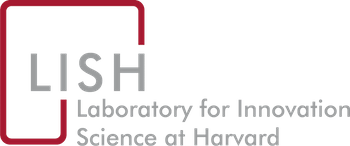Philip Brookins, Dmitry Ryvkin, and Andrew Smyth. 3/8/2021. “
Indefinitely repeated contests: An experimental study.” Experimental Economics .
Publisher's VersionAbstractWe experimentally explore indefinitely repeated contests. Theory predicts more cooperation, in the form of lower expenditures, in indefinitely repeated contests with a longer expected time horizon. Our data support this prediction, although this result attenuates with contest experience. Theory also predicts more cooperation in indefinitely repeated contests compared to finitely repeated contests of the same expected length, and we find empirical support for this. Finally, theory predicts no difference in cooperation across indefinitely repeated winner-take-all and proportional-prize contests, yet we find evidence of less cooperation in the latter, though only in longer treatments with more contests played. Our paper extends the experimental literature on indefinitely repeated games to contests and, more generally, contributes to an infant empirical literature on behavior in indefinitely repeated games with “large” strategy spaces.
